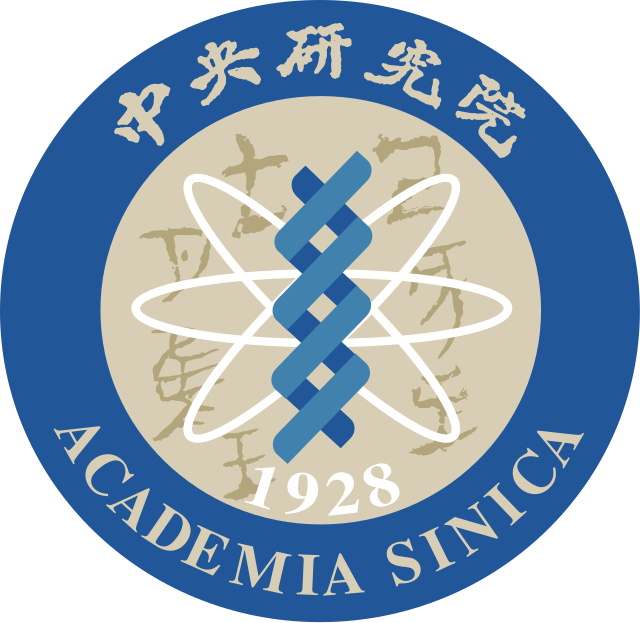Ka Wai Ma's Lab
Research Field
Dr. Ka-Wai Ma graduated from the Chinese University of Hong Kong. He pursed his PhD study at the University of California, Riverside. Dr. Ma's research interest include bacterial Type III secreted effectors, plant innate immunity and plant microbiota interaction. During his postdoctoral work at Professor Paul Schulze-Lefert's group at the Max Planck Institute of Plant Breeding Research, he pioneered in work showing that commensal bacterial microbiota members exhibit contrasting traits to activate and suppress plant innate immunity. Such a contrasting microbial trait can affect plant growth defense response. A balance between microbiota members with contrasting immunomodulatory trait is analogous to a tug-of-war. A bacterial community dominated with immune suppressive strains render plants reduced in resistance and thus more susceptible to pathogen attack. However, a dominance of immune non-suppressive strains reduced plant growth due to defense-mediated growth penalty. Dr. Ma is interested in understanding the principles governing plant-microbiota homeostasis. His lab also include project with translation implication with the goal designing specific microbiota formulation to promote plant health and fitness.
Higher-level organisms, including terrestrial plants, have associations with multifaceted microbial communities known as microbiota/microbiome. Plants invest up to 11% of their carbon that is derived from photosynthesis as root exudate and rhizodeposition to attract and nourish their associated microbiota. Plants benefit from microbial services including boosted protection against disease, improved tolerance to stress, and enhanced nutrient uptake. However, in order to limit pathogen overgrowth, plants must also develop strong immunity. Plant physiology and microbiota activities are thus interdependent and function as a single biological unit referred to as the Holobiont. Plant-microbe interactions can fall into different categories ranging from commensalism, mutualism to pathogenesis. These interactions are not often exclusive and can change dynamically in response to alterations in the host and environment. The Ma lab strives to understand various principles and mechanisms that regulate shifting of these interactions.
Current projects include the following
- Understanding the molecular mechanisms of how commensal bacteria interferes with plant immune responses.
- Employing multi-omics and genetics including CRISPR technology to identify plant and microbial genetic determinants that influence holobiont interactions.
- Formulating microbiota-based products to enhance plant fitness.
- Understanding the molecular mechanisms of how commensal bacteria interferes with plant immune responses.
- Employing multi-omics and genetics including CRISPR technology to identify plant and microbial genetic determinants that influence holobiont interactions.
- Formulating microbiota-based products to enhance plant fitness.
2013 & 2014: Klotz Travel Award, UCR
2014: Earle C. Anthony Graduate Student Travel Awards, UCR
2016: IS-MPMI Congress Travel Award
2016: CEPCEB Graduate Student Award for Outstanding Research, UCR
2018-2019: EMBO long-term postdoctoral fellowship
2019-2020: Alexander von Humboldt fellowship for postdoc
2022-2023: Eigene Stelle, independent research funding.
Education
2007-2010: Chinese University of Hong Kong, B.Sc., First Honor, Biology
2010-2014: University of California Riverside (UCR), USA, Ph.D., Plant Pathology
RESEARCH EXPERIENCE
2010-2015: Ph.D. at the University of California Riverside (UCR), USA. Supervisor: Dr. Wenbo Ma. Dissertation title: Biochemical and Functional Characterization of the Pseudomonas syringae Effector HopZ1a
2015-2016: Postdoc at the University of California Riverside, USA. Supervisor: Dr. Wenbo Ma. Project: Structural basis of YopJ family effectors
2017-2022: Postdoc at Max Planck Institute for Plant Breeding Research (MPIPZ). Supervisor: Dr. Paul Schulze-Lefert. Project: Role of plant immunity in root microbiota establishment
2022-2023: Temporal position of principal investigator (Eigene Stelle, funded by DFG)
2023- now : Assistant Research Fellow at Academia Sinica, Institute of Plant and Microbial Biology (IPMB), Taipei
